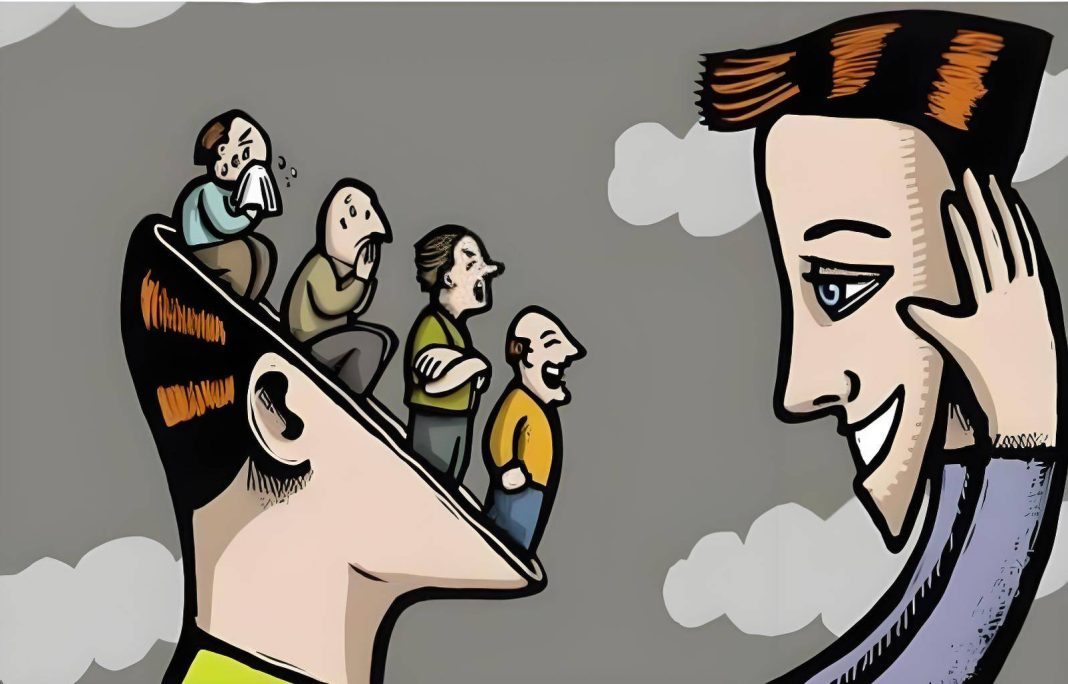Schizophrenia is a severe mental disorder that affects patients’ thinking, emotions, and behavior. Its symptoms can be divided into positive symptoms, negative symptoms, and cognitive symptoms. The following are the main symptoms of schizophrenia patients:
Positive Symptoms
Delusions: Patients may have fixed, false beliefs that cannot be changed despite contrary evidence. For example, believing they are being watched, persecuted, or have special abilities or identities.
Hallucinations: Patients may experience sensory experiences that do not exist, with auditory hallucinations being the most common, such as hearing non-existent voices. Other types of hallucinations include visual, olfactory, tactile, and gustatory hallucinations.
Thought disorder: Patients’ thought processes may become disjointed, disorganized, manifesting as tangential thinking, incoherent speech, and difficult-to-understand language.
Abnormal behavior: Patients may exhibit bizarre behaviors, such as repetitive actions, unusual postures, or purposeless activities.
Negative Symptoms
Blunted affect: Patients may have diminished or absent emotional responses, manifested as facial stiffness, flat voice, and incongruous emotional reactions.
Social withdrawal: Patients may avoid social interactions, become distant from family and friends, showing social withdrawal and isolation.
Lack of motivation: Patients may lose interest in daily activities, showing lack of drive, lethargy, and unwillingness to participate in any activities.
Decreased self-care ability: Patients may neglect personal hygiene and self-care, presenting as disheveled clothing, poor hygiene.
Cognitive Symptoms
Difficulty in attention: Patients may have difficulty concentrating, inability to complete tasks or sustain attention for long periods.
Memory impairment: Patients’ short-term memory and working memory may be affected, making it difficult to remember and process information.
Executive function impairment: Patients may encounter difficulties in planning, organizing, decision-making, and problem-solving, leading to a decline in the ability to handle complex tasks.
Other Common Symptoms
Emotional symptoms: Some patients may experience mood swings, anxiety, depression, and other emotional symptoms.
Sleep disturbances: Insomnia, poor sleep quality, or excessive sleep are also common symptoms.
Motor symptoms: Some patients may exhibit symptoms of slowed movements or motor coordination.
Schizophrenia symptoms vary widely and have a serious impact on patients’ daily life and functioning. Early identification and intervention are crucial for patients’ recovery. If you or your family members experience the above symptoms, it is recommended to seek professional medical help as soon as possible. Guangzhou Suiya Hospital provides professional mental health services to help patients and their families cope with the challenges of schizophrenia.


